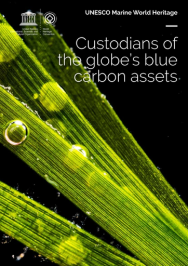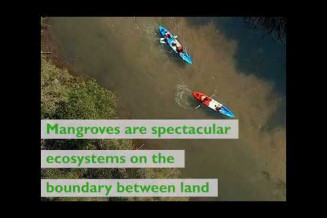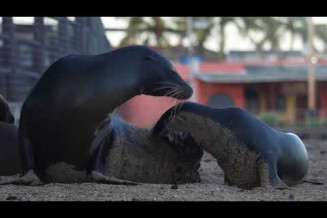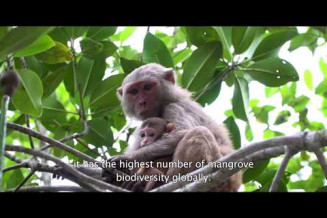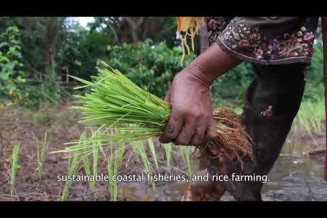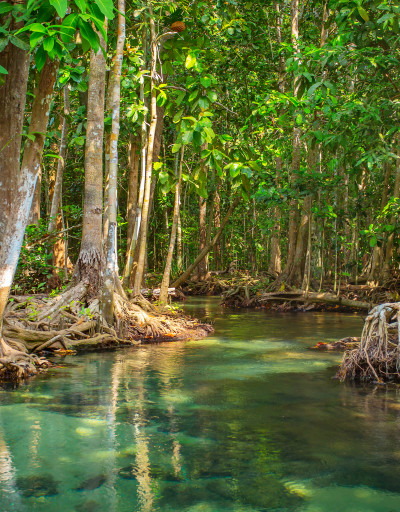
International Day for the Conservation of the Mangrove Ecosystem
Mangroves are rare, spectacular and prolific ecosystems on the boundary between land and sea. These extra ordinary ecosystems contribute to the wellbeing, food security, and protection of coastal communities worldwide. They support a rich biodiversity and provide a valuable nursery habitat for fish and crustaceans. Mangroves also act as a form of natural coastal defense against storm surges, tsunamis, rising sea levels and erosion. Their soils are highly effective carbon sinks, sequestering vast amounts of carbon.
Yet mangroves are disappearing three to five times faster than overall global forest losses, with serious ecological and socio-economic impacts. Current estimates indicate that mangrove coverage has been divided by two in the past 40 years.

Did you know ?
UNESCO is engaged deeply in supporting the conservation of mangroves, while advancing the sustainable development of their local communities. The inclusion of mangroves in Biosphere Reserves, World Heritage sites and UNESCO Global Geoparks contributes to improving the knowledge, management and conservation of mangrove ecosystems throughout the world.



What UNESCO does for the conservation of the mangrove ecosystem




Publications
